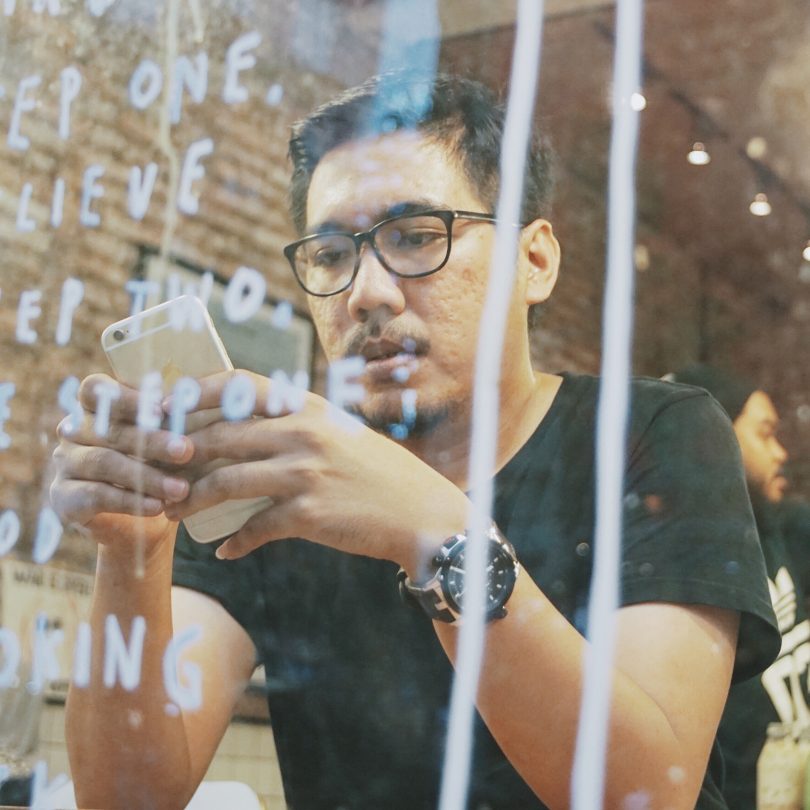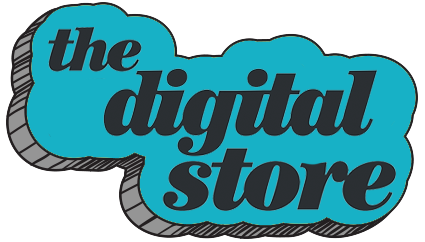The 3 follow-up emails you should send after job interviews + templates

A good follow-up email after interviews shows that you’re courteous, considerate, and professional.
And in a field of strong candidates, it helps you stand out from the crowd.
The numbers prove this too. Woodpecker.co, a SaaS company offering email follow-up automation software, studied more than 20 million emails they sent out. They discovered:
The average reply rate to an opening email is 9%—but just one followup email bounces that up to 13%
The more emails you send, the higher your response rate will be. The optimal number is 2-3.
So the question isn’t why: it’s how. Let’s jump into:
- The perfect template
- Structuring each email
- Timing follow-ups
- What to do if you didn’t get the job
- The classic follow-up template
How do you write the perfect follow-up email, though? Simple: Use a template.
Something like this one:
[HIRING MANAGER’S NAME],
Thank you for taking the time out of your day to speak with me about the [JOB TITLE] position with [COMPANY NAME]. I enjoyed discussing [SPECIFIC TALKING POINT]. I’m excited to hear back and hope to contribute to the team very soon.
Let me know if you have any questions or concerns.
Best,
[YOUR NAME]
Short and simple, but oh so effective.
Before you take this template and start firing off emails to your prospective employer, though, you need to understand why this email works—and how to tailor it for your job search.
Interview follow-up email #1: Thank you!
This is the first email you send after you finish interviewing and the one we used an example earlier in this post. Aim to send this within an hour post-interview.
[HIRING MANAGER’S NAME],
Thank you for taking the time out of your day to speak with me about the [JOB TITLE] position with [COMPANY NAME]. I enjoyed discussing [SPECIFIC TALKING POINT]. I’m excited to hear back and hope to contribute to the team very soon.
Let me know if you have any questions or concerns.
Best,
[YOUR NAME]
Why this email works:
- Shows that you’re gracious and considerate, while acknowledging the hiring managers’ busy schedule (“Thank you for taking the time out of your day to speak with me about …”)
- Tailored to your conversation with them and not just a boilerplate email (“I enjoyed discussing …”)
- Reaffirms your commitment to the role (“I’m excited to hear back and hope to contribute to the team very soon …”)
- Keep in mind that this email is just a template. That means that you should treat it as a launching point for an email specific to the job role and hiring manager. If you just treat it as a fill-in-the-blanks email, people are going to know.
It’s easy to pick up on inauthenticity—and if you come off as inauthentic to the hiring manager, say goodbye to the potential job.
A final rendition of this email might look like this:
[HIRING MANAGER’S NAME],
Thank you for taking the time out of your day to speak with me about the UX researcher position with Acme Apps! I particularly loved our discussion on content management systems and our favorite designers (not to mention our favorite gifs to use in Slack).
I’m excited to hear back and hope to contribute to the team very soon. Let me know if you have any questions or concerns.
Best,
[YOUR NAME]
Notice it’s a friendly and natural email. You want to aim for the same with yours.
Along with this email, send thank you emails to anyone else who helped you that day. Here’s a sample template to use:
[PERSON’S NAME],
I wanted to say thank you so much for [SPECIFIC ACTION THEY DID]. I really appreciated it. I hope that we can see more of each other in the future.
Best,
[YOUR NAME]
Keep it breezy and light while showcasing that you noticed what they did for you and thanked them for it.
Once you send these emails, wait at least one week. It might seem like the longest week of your life, filled with the constant urge to check your inbox for any sign from the hiring manager, but try to remember their busy schedule. They have their own work to do—on top of finding new applicants for this role.
Interview follow-up email #2: The push
If after a week you still haven’t heard from the hiring manager, it’s time to give them a little push with a check-in email.
[HIRING MANAGER’S NAME],
I hope you’re doing well. I wanted to check in on the [JOB TITLE] position with [COMPANY NAME] that we discussed last week. I’m still very excited about the role and really want to help the company grow.
Is there anything I can do to facilitate the decision process? Let me know.
Best,
[YOUR NAME]
Why this email works:
- Politely requests for an update on the hiring process (“I wanted to check in on the position …”)
- Reaffirms your commitment to the role (“I’m still very excited about the role and really want to help the company grow …”)
- Shows that you want to help as much as possible without seeming desperate (“Is there anything I can do to facilitate the decision process?”)
- Keep this email short—possibly even shorter than your first email. It’s a quick check in to see where they are in the process.
Interview follow-up email #3: Final check-in
At this point, the hiring manager might:
- Not reply at all
- Get back to you and say that they’re still making a decision and they’ll let you know when they’ve decided
- Inform you that you’ve got the job, or you’re still in the running. In which case, pat yourself on the back. You’ve done good work.
- If you got the first two results, wait another week. Then send this email:
[HIRING MANAGER’S NAME],
I just wanted to make sure you saw my email—and that I didn’t miss yours by mistake. Let me know if you’re still interested in my application.
Best,
[YOUR NAME]
This is the shortest email of the bunch. You’re just simply going to forward your last email to them and check in on the application process one last time.
Why? Your time is valuable. You don’t want to waste it holding out for a company that has made you wait for three weeks. Send this email and move on as if they won’t hire you. If they do end up getting back to you, awesome! If not, keep the job search going.
What to do if you didn’t get the job
The hiring manager might get back to you and say you didn’t get the role. That’s totally fine. It happens to the best of us. If that happens, send them this email.
[HIRING MANAGER’S NAME],
Thank you so much for considering me as an applicant. I enjoyed speaking with you and hope that we can still meet and collaborate in the future. Let me know if you ever want to work together, or if any similar roles open up with your company.
I wish you good luck in the hiring process going forward.
Best,
[YOUR NAME]
Why this email works:
- Shows that you’re appreciative of their time (“Thank you so much for considering me as an applicant.”)
- Opens the door to establishing a valuable network (“I enjoyed speaking with you and hope that we can still meet and collaborate in the future.”)
- Shows that you’re still interested in working with the company (“Let me know if you ever want to work together…”)
- Need help with your job search?
Looking for a leg up in your design job search? Be sure to check out our best resources on the topic below:
- How to get hired as a designer (according to 1000+ design leaders)
- How to be a stand out candidate for that UX job
- How to future-proof your creative career
Source: InVision
